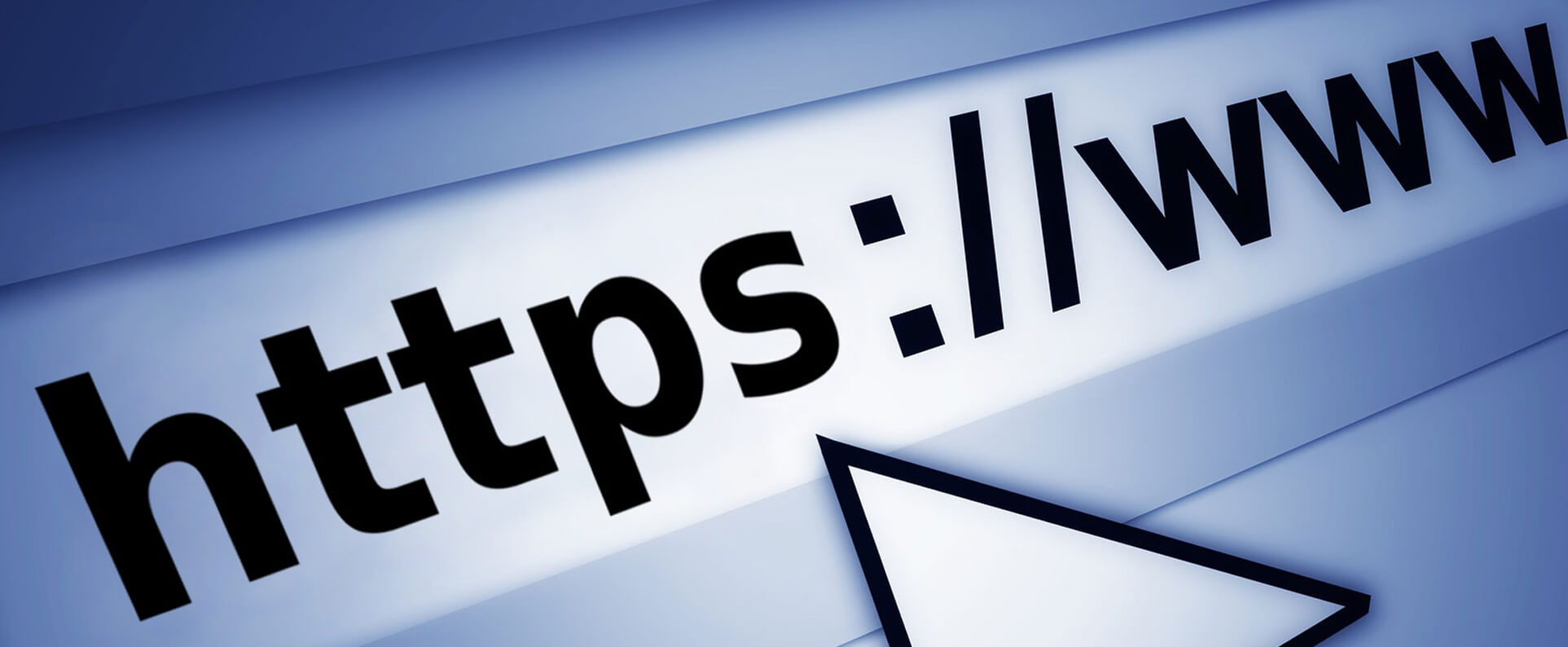In 2017 the answer is yes.
In 2014 Google announced it would start giving a higher quality score for sites that showed a call for HTTPS in the address bar. Over the past couple of years it has been more of a suggestion than a requirement but that has changed. Let’s review what SSL and HTTPS are.
What is SSL?
SSL (Secure Sockets Layer) is the standard security technology for establishing an encrypted link between a web server and a browser. This link ensures that all data passed between the web server and browsers remain private. In other words this tells your site visitors you care about their information.
What is HTTPS?
Hyper Text Transfer Protocol Secure (HTTPS) is the secure version of the standard web call HTTP, the protocol over which data is sent between your browser and the website that you are connected to. The ‘S’ at the end of HTTPS stands for ‘Secure’. It means all communications between your browser and the website are encrypted. Essentially this is telling your site visitors that the SSL Protection is in place.
What is the cost?
In aspects of business and the amount of clout this gives your site in Google’s eye? Minimal. Depending on the level of encryption and the person applying the security to your site, the certificates range between $75 – $150 per year. Overall not a big drop in the bucket considering what business expenses can be these days. Depending on the information that your site shares will decide what type of certificate and level of encryption your site needs. When selecting the SSL certificate consult with your web host or agency on selecting the right one for your business.
Why is this so important?
Now that we understand what these terms mean, why is it important? Although Google originally announced that they will give more credit to sites with SSL in 2014, in a recent article on their security Blog, Google made another announcement; They are moving to a more secure web.
As of January 2017 Google started tagging any sites not running an SSL Certificate and showing HTTP as a non-secure site.
In this article, Google states that they have conducted studies that most web users do not consider the absence of a security as a need to avoid sending content through a site. This is a problem Google is working to fix as they move towards a safer web. Your standard contact form may not be an issue yet. But based on the article, we can see this being affected in the near future. Being proactive may be the best solution moving forward.
What’s next?
If you are ready to move forward with switching to HTTPS, contact your Web Host provider or agency about getting this in place. At Curiosity we always strive to stay on the forefront of development and strategy. Since this change every new website project or new WordPress build will be requested that the site have an SSL certificate in place. Clients may go against our judgement, but we suggest you require it as well.
If there are any questions on how Curiosity can help, please reach out and we would love to continue conversations.






